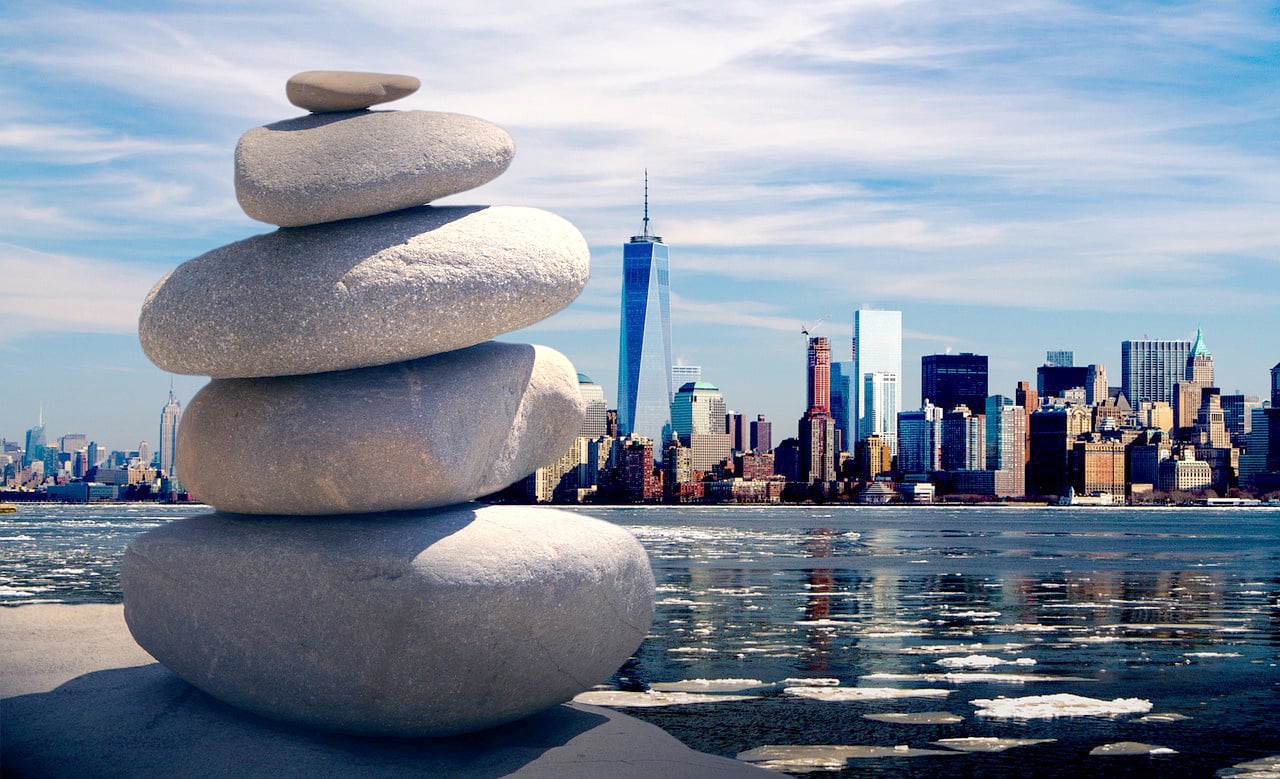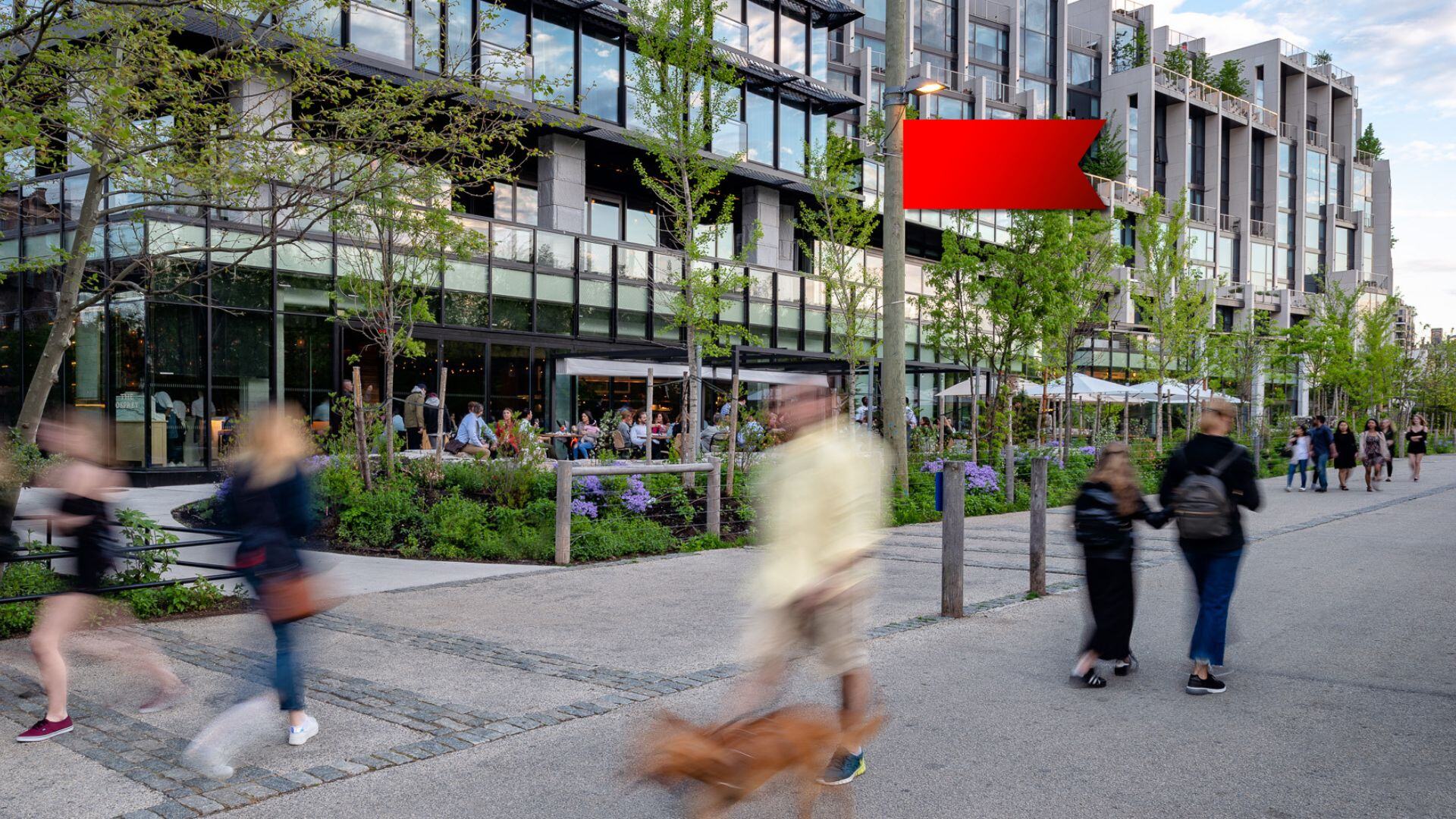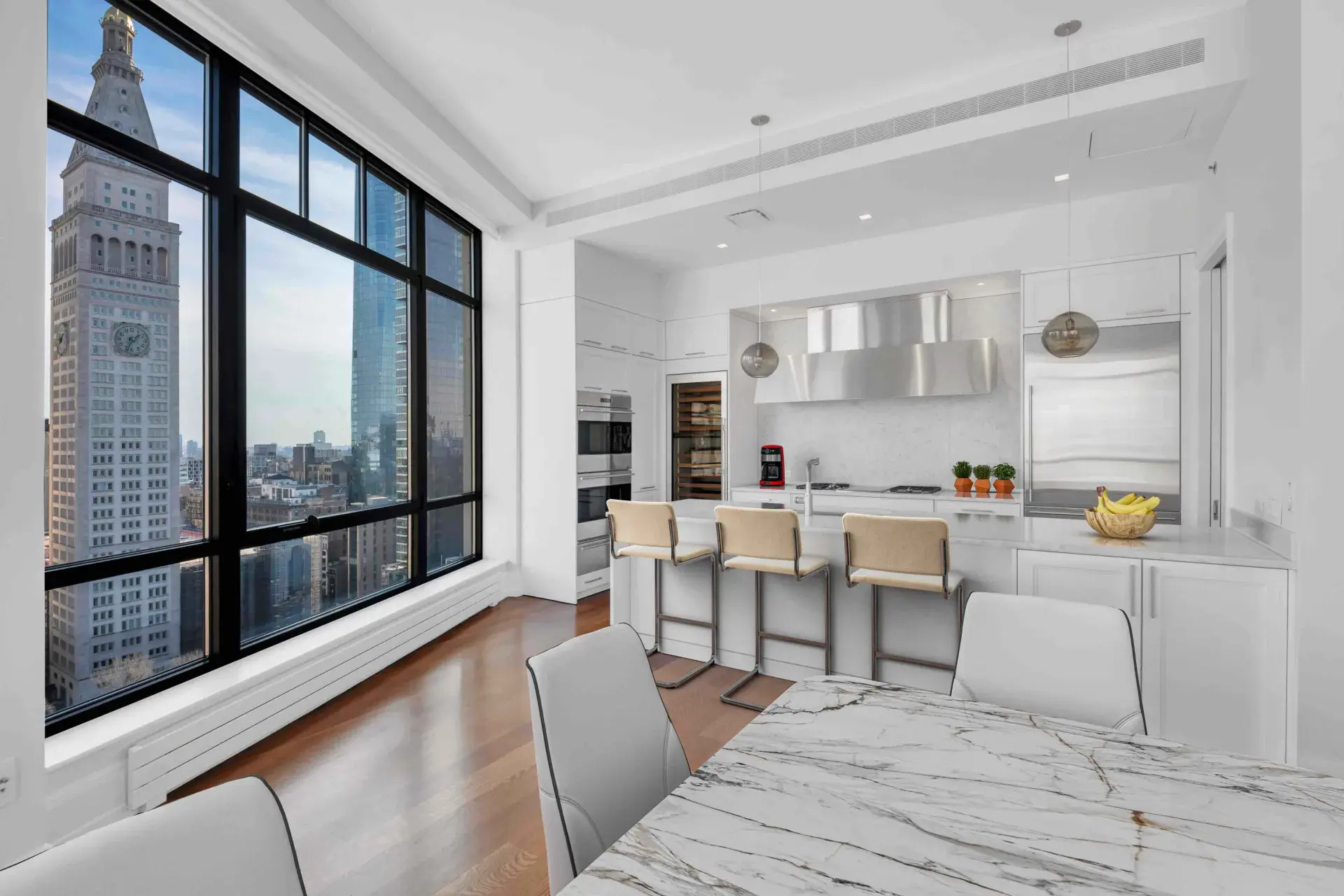Why Doesn’t the 13th Floor Exist?
What is a Superstition?
A superstition is a widely held yet unproven belief in supernatural forces that bring good or bad luck. Some superstitions are specific to certain cultures or religions, while others are common across the world. For instance, some people see walking under a ladder or breaking a mirror as bad luck signs.
What are Common Home Buying Superstitions
Many cultures warn people to look for signs of bad luck when buying a home. Sometimes, the beliefs are based on numerology or ancient practices like Feng Shui. But almost every culture has some kind of new home superstition. Here are some of the most common.
Lucky Number 8
In Chinese culture, the number 8 is considered very lucky. The Cantonese word for eight sounds very similar to the word for prosper or wealth. So many Chinese homebuyers believe that the number 8 is a sign that good fortune is to come. They may be more inclined to purchase if they see a unit with the number 8 or an apartment on the eighth floor. In fact, the Jin Mao Tower in Shanghai was specially built with 88 floors to reflect this symbol of prosperity.
Undivided Founder Mukul Lalchandani says, "The number 8 means double happiness, so when growing up in Hong Kong, my father had an office which he got on the 8th floor. The unit number was "808". He was often praised for being very blessed and very lucky."
Avoid the Number 4
However, the number four has the opposite connotation in Chinese culture. The unlucky number 4 is considered an omen of misfortune because the word for 4 in some dialects is eerily similar to the word for death. Many Chinese buildings don't have a fourth floor because of old superstitions.
So, some Chinese buyers will refuse to look at any homes with a 4 in the address. The one exception is that Cantonese speakers will tolerate the number 54 - because it sounds like a phrase that means "I will not die." However, those who speak other Chinese dialects may still see it as a bad omen.
Unlucky Number 13
But it isn't just the Chinese who believe in numerology. Avoiding the number 13 is a common United States superstition, the same way the Chinese stay away from the number 4. However, unlike those Asian home-buying superstitions, there isn't a clear explanation for why the 13th floor is bad luck. Some say it dates back to the Bible, as Judas was the 13th guest at the Last Supper. Others say it's because there are only 12 months in a year, so 13 represents unfamiliarity and the unknown. Regardless, the fear of the number 13 is very real and even has its own word - triskaidekaphobia. That's why many buildings omit the number 13 and some home shoppers will avoid any units with the unlucky number.
Leave the Broom Behind
Another popular new house superstition that is found in many cultures is the belief that you should leave your old broom behind or throw it out when you move. Brooms are used to sweep away old dirt. So, the idea is that you should leave behind the old dust and grime and embrace a fresh start. An old broom is considered a sign of bad luck in a house and is said to carry negative energy into your new life. A new broom is therefore considered a good luck item in a new home.

Bad Feng Shui
The ancient practice of Feng Shui is also at the root of many Chinese home-buying superstitions. It's the belief that certain energy can be used to harmonize individuals and create a more balanced environment based on the observation of heavenly time and space.
Even though it comes from ancient Chinese wisdom, many homebuyers still see adhering to Chinese principles as a sign of good luck for a new house. In fact, according to a 2015 study, 86% of Chinese Americans said that Feng Shui played a role in their home selection, and 79% said they'd be willing to pay more for homes that properly applied the principles.
According to Feng Shui, bad luck items in a house include a bathroom or staircase facing the front door or a master bedroom over the garage.
The Sun Rises in the East
There are also several Indian home-buying superstitions related to the direction of the home. Many Indian home buyers prefer the front door to face east and the back door to face west because that is the direction in which the sun rises and sets. Second to that are homes facing north or northeast and homes facing west are passable. But homes facing south are the least desirable. The superstition relates to the Hindu system of Vastu, which seeks to encourage positive energy through architectural alignment, similar to the concept of Feng Shui.
Paranormal Activity Disclosure
Many people are very superstitious about homes in which someone died - especially if it was a homicide or other unnatural death. In most states, real estate agents are not required to disclose any facts that could put a stigma on the property, including a death, as long as it does not impact the actual structure or value of the home.
However, some states have what is called a paranormal activity disclosure, which requires sellers to disclose any ghostly occurrences. For instance, in New Jersey, you must disclose any ghost sightings or other otherworldly occurrences when trying to sell a home, but only if asked directly by the buyer.
New York also has a law that prevents sellers from using paranormal occurrences to exploit a buyer. Let's say your home was on a TV show about the most haunted houses in America. If you fail to disclose that detail and the buyer finds out and gets upset, the court could reverse the sale. However, it only counts if the seller publicly perpetuates the idea that the house is haunted and knowingly deceives the buyer.
What Can You Do About Home Buying Superstitions?
Although some superstitions are difficult to get around, there are a few simple ways you can avoid losing buyers over a bad luck sign or negative energy. Here are a few ideas for overcoming buyer objections due to superstition.
Design your building with Feng Shui or Vastu Principles in Mind
Although it may not be practical for everyone, designing your buildings using ancient architectural principles may make your development more popular among certain groups. For example, the skyline of Hong Kong is highly influenced by the principles of Feng Shui. It's common for large high-rises to have holes in the middle due to a Feng Shui principle called Dragon Gate. The holes are rumored to act as gateways for spirit dragons that fly from the mountains to sources of water and are said to be good luck. There are more practical reasons for the holes as well, but developers know that taking inspiration from Feng Shui principles will increase interest from certain buyers in that region.

Avoid Things that Bring Bad Luck to a Home
Remove any items traditionally seen as a sign of bad luck. If the property is being renovated, remove any bad omens that could be misinterpreted, such as old brooms or ladders (in case the client accidentally walks under them). You never know who will see everyday items as a sign from the spirit realm, so it's best to remove anything that could give off bad vibes. Alternatively, you could adorn the property with good luck charms for selling a house, such as a horseshoe or a sprinkle of sage.
Leave Out Unlucky Numbers
Many buildings in the East are designed without a 4th floor, while in the West, it's common to skip the number 13. In some cities with a mix of cultures, you may even see both numbers omitted to avoid any chance of bad juju. Of course, these floors still exist but are renumbered intentionally to appeal to people's superstitious tendencies. So, it may be worth considering if you're afraid of losing buyers over negative energy.
Call in a Specialist
If all else fails and the building is complete yet buyers still have hesitations due to ancient wisdom, you could try calling in a specialist to bless the home. They may know certain rituals or ceremonies that can help ward off evil spirits and promote good luck in the new home. Or at least, it may give the buyers enough peace of mind to move forward with the sale.
When buying a new home, superstitions can be difficult to overcome because they aren't always rooted in facts and principles. But if you take a moment to understand the popular beliefs about what brings good luck and what should be avoided, you can easily overcome any common superstition.
If you need help finding a home that checks all your boxes, including good Feng Shui, reach out to our team and Undivided. We have all the tools, systems, and expertise needed to help you find the perfect home. We are experts at helping buyers and sellers navigate the real estate market at every turn. Our first-class service ensures an exceptional and seamless journey from start to finish. Reach out today to find your dream home.


